
by Paul Sperry at RealClear Investigations
When U.S. Capitol Police Lt. Michael Byrd went on “NBC Nightly News” to tell his side of shooting and killing unarmed Jan. 6 rioter Ashli Babbitt, he made a point to note he’d been investigated by several agencies and exonerated for his actions that day.
“There’s an investigative process [and] I was cleared by the DOJ [Department of Justice], and FBI and [the D.C.] Metropolitan Police,” he told NBC News anchor Lester Holt in August, adding that the Capitol Police also cleared him of wrongdoing and decided not to discipline or demote him for the shooting.
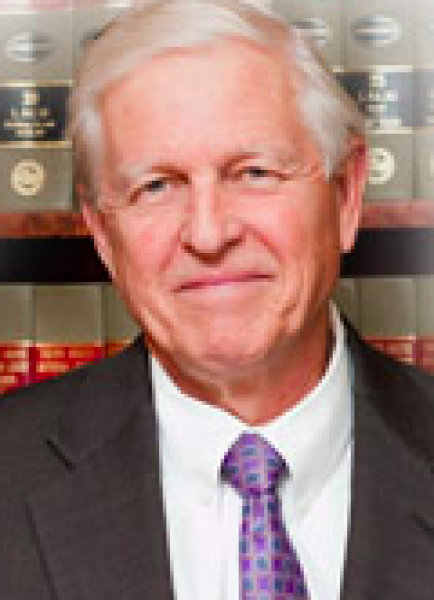
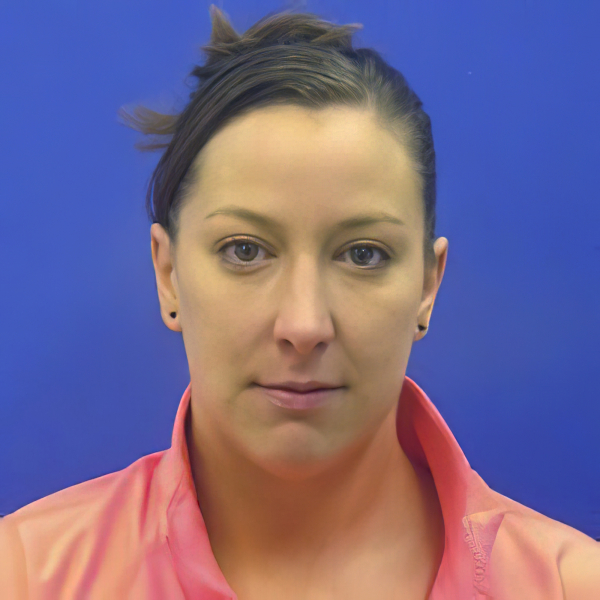
Byrd then answered a series of questions by Holt about the shooting, but what he told the friendly journalist, he likely never told investigators. That’s because he refused to answer their questions, according to several sources and documents reviewed by RealClearInvestigations.
In fact, investigators cleared Byrd of wrongdoing in the shooting without actually interviewing him about the shooting or threatening him with punishment if he did not cooperate with their criminal investigation.
“He didn’t provide any statement to [criminal] investigators and they didn’t push him to make a statement,” Babbitt family attorney Terry Roberts said in an RCI interview. “It’s astonishing how skimpy his investigative file is.”
Roberts, who has spoken with the D.C. MPD detective assigned to the case, said the kid-glove treatment of Byrd raises suspicions the investigation was a “whitewash.”
The lawyer’s account appears to be backed up by a January 2021 internal affairs report, which notes Byrd “declined to provide a statement,” D.C. MPD documents show.
Asked about it, a D.C. MPD spokeswoman confirmed that Byrd did not cooperate with internal affairs agents or FBI agents, who jointly investigated what was one of the most high-profile officer-involved shooting cases in U.S. history.
“MPD did not formally interview Lt. Byrd,” deputy D.C. MPD communications director Kristen Metzger said. And, “He didn’t give a statement while under the U.S. Attorney’s Office investigation.”
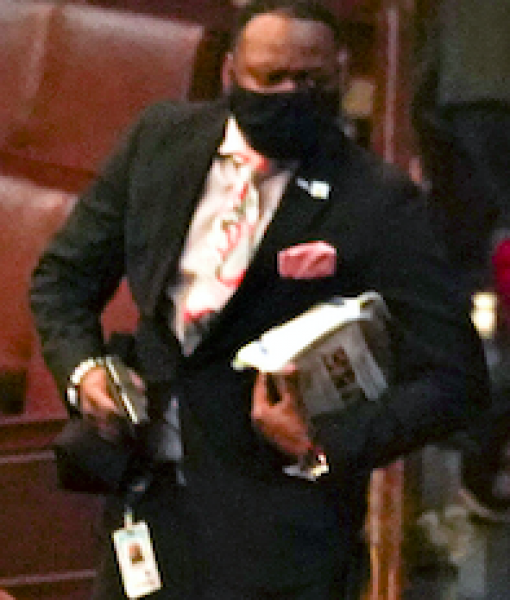
After Byrd declined to cooperate with D.C MPD Internal Affairs Division’s investigation, which was led by Det. John Hendrick, his case eventually was turned over to the USCP for a final administrative review of whether or not his actions conformed with department policies and training.
Still, USCP concluded in August that “the officer’s conduct was lawful and within department policy.” The agency launched its administrative investigation after the criminal investigation was closed.
In April, within four months of the shooting, Byrd was cleared of criminal wrongdoing by the Justice Department, which declined to impanel a grand jury to hear evidence in a departure from other lethal police-shooting cases involving unarmed citizens.
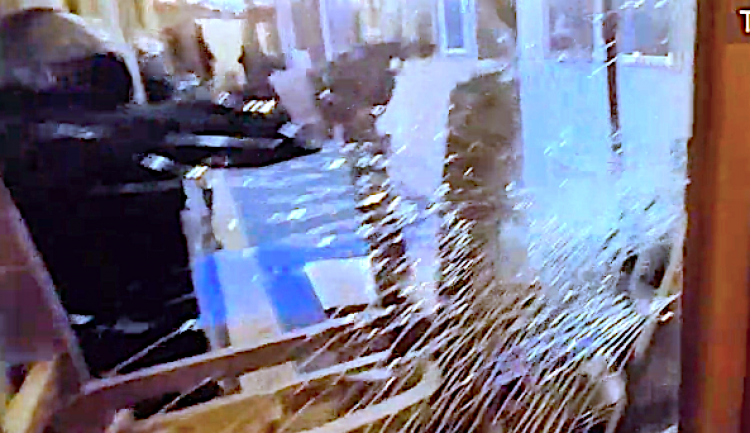
Byrd remains the commander in charge of security for the House of Representatives.
Neither the FBI nor the Justice Department would comment on whether they pressed Byrd after he insisted on remaining silent. The D.C. police force, which shares some jurisdiction with the Capitol Police, takes the lead in internal affairs probes like this one.
Roberts questioned how investigators could find that Byrd acted in self-defense and properly followed his training procedures, including issuing warnings before shooting Babbitt, since he refused to talk about it while the investigation was open — and his statements, unlike those made to NBC, would have been taken under penalty of perjury. “How would they know if they never interviewed him?” he said, adding that it’s not enough to say an officer did nothing wrong without showing how it reached such a finding.
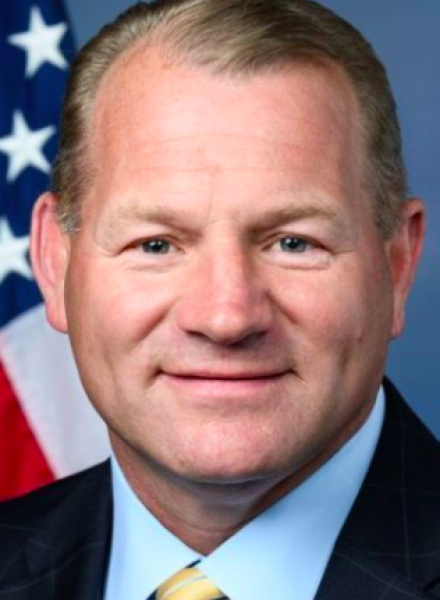
By avoiding an interrogation, he said Byrd avoided saying anything that could have been used to incriminate him, including making false statements to federal agents, which would be a felony. Remarkably, he did not formally invoke his Fifth Amendment right to remain silent, according to people familiar with his case, which makes the reluctance of authorities to lean on him or sanction him for not cooperating all the more puzzling. By law, federal agencies can use leverage short of termination, such as an unwelcome duty reassignment, to persuade employees to cooperate with investigators. Byrd was put on paid administrative leave during the investigative process.
Byrd waited to speak publicly until after his statements could no longer be used against him in a criminal probe. The heavily promoted NBC “exclusive” told only his account of what happened with no opposing viewpoints. “I believe I showed the utmost courage on Jan. 6,” Byrd said.
In defending his actions, Byrd told Holt things he evidently wouldn’t tell investigators, including his claim that he shot as “a last resort” and only after warning Babbitt to stop.
However, documents uncovered by Judicial Watch reveal that eyewitnesses — including three police officers at the scene — told investigators they did not hear Byrd give Babbitt any verbal warnings prior to firing, contradicting what Byrd told NBC.
The Babbitt family has maintained that the rushed investigation amounted to a “coverup” of misconduct by the officer. It says the federal probe was conducted under political pressure, arguing that Byrd was not put through the normal rigors of a police shooting investigation to avoid making a martyr of Babbitt, an avid Donald Trump supporter. An Air Force veteran from California, Babbitt died while wearing a Trump flag as a cape. The former president has demanded the Justice Department reinvestigate her death.
Rep. Troy Nehls of Texas, a former sheriff, argued Babbitt’s shooting should have been presented to a federal grand jury. “This case was mishandled from the very beginning,” the Republican lawmaker told the U.S. attorney who led the probe for the Justice Department in a recent letter. In a separate letter to the Capitol Police chief, Nehls wrote: “Many officers in the USCP I have spoken to believe the investigations of Lt. Boyd were dropped because of his position and other political considerations.”
